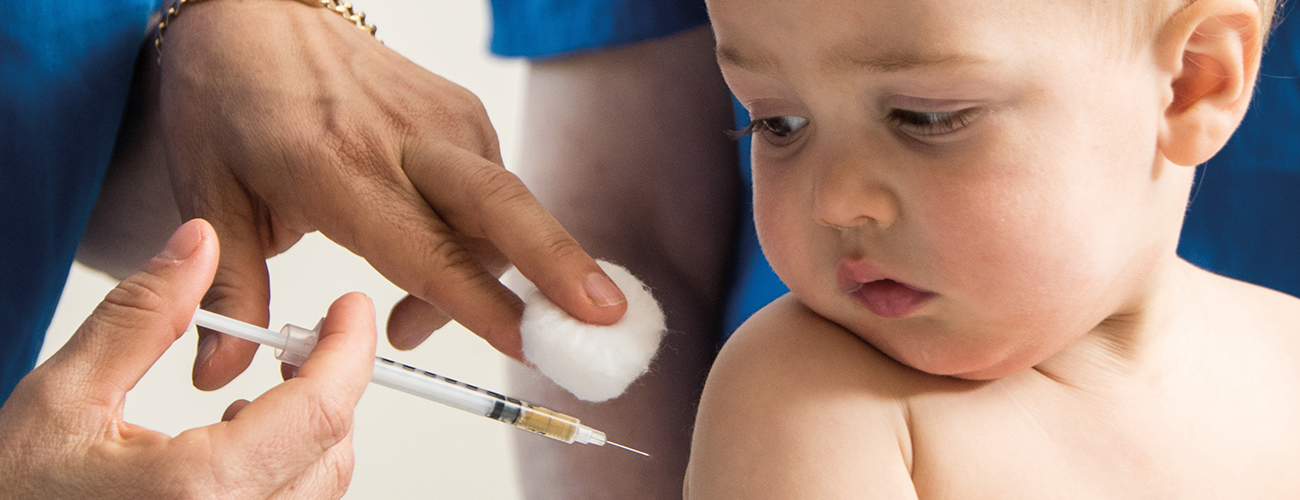
Vaccinations help to ensure that children have the best possible protection against serious diseases. You can reassure any concerned parents or caregivers that routine vaccinations for babies, pre-school children and adults are continuing as normal during COVID-19.10
Babies should have already received their first vaccinations at eight, 12 and 16 weeks as part of the childhood immunisation programme.
At one year, on or just after their first birthday, they should receive their next vaccinations. These are:
- Hib/MenC (1st dose) to protect against Haemophilus influenza type b (Hib) and meningitis C
- MMR (1st dose) to protect against measles, mumps and rubella (German measles)
- Pneumococcal (PCV) (2nd dose) to protect against pneumococcal infections
- MenB (3rd dose) to protect against meningococcal group B
Children aged two to 10 years should have an annual flu vaccine. At three years and four months, children should have MMR (2nd dose) and the 4-in-1 pre-school booster.
The table below shows the NHS vaccination schedule for children.10
Age |
Vaccination |
|---|---|
| 8 weeks |
• 6-in-1 vaccine • Rotavirus vaccine • MenB |
| 12 weeks |
• 6-in-1 vaccine (2nd dose) • Pneumococcal (PCV) vaccine • Rotavirus vaccine (2nd dose) |
| 16 weeks |
• 6-in-1 vaccine (3rd dose) • MenB (2nd dose) |
| 1 year |
• Hib/MenC (1st dose) • MMR (1st dose) • Pneumococcal (PCV) vaccine (2nd dose) • MenB (3rd dose) |
2 to 10 years |
• Flu vaccine (every year) |
| 3 years and 4 months |
• MMR (2nd dose) • 4-in-1 pre-school booster |
